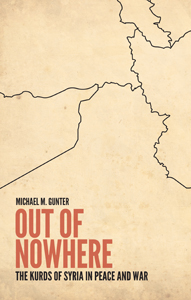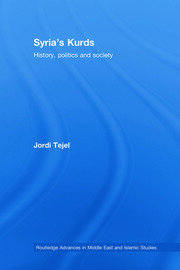Immediately after the US-led invasion of Iraq, which was opposed by the Syrian government of Bashar al-Asad, there were real fears that Damascus would be next in line for ‘regime change’. This perception was reinforced by Washington’s rhetoric and its claims that the post-invasion Iraqi insurgency is being assisted by the Syrian intelligence service. The assassination of the Lebanese prime minister, Rafiq Hariri, compounded this pressure, with many observers pointing the finger at Damascus. The repercussions of his murder were anything but beneficial: Syria was compelled to withdraw its troops from Lebanon, where they had been stationed for nearly three decades. On the domestic front, Bashar is caught between hardliners and an increasingly impatient opposition. But will international pressure precipitate long overdue political reforms, or might it rebound, stifling the albeit hesitant relaxation of internal controls? Wieland argues that the West must not ignore Syria’s robust tradition of secularism, and cautions that US attempts to undermine the current regime may, paradoxically, embolden the Islamists and help the regime to maintain its authoritarian grip on power.





